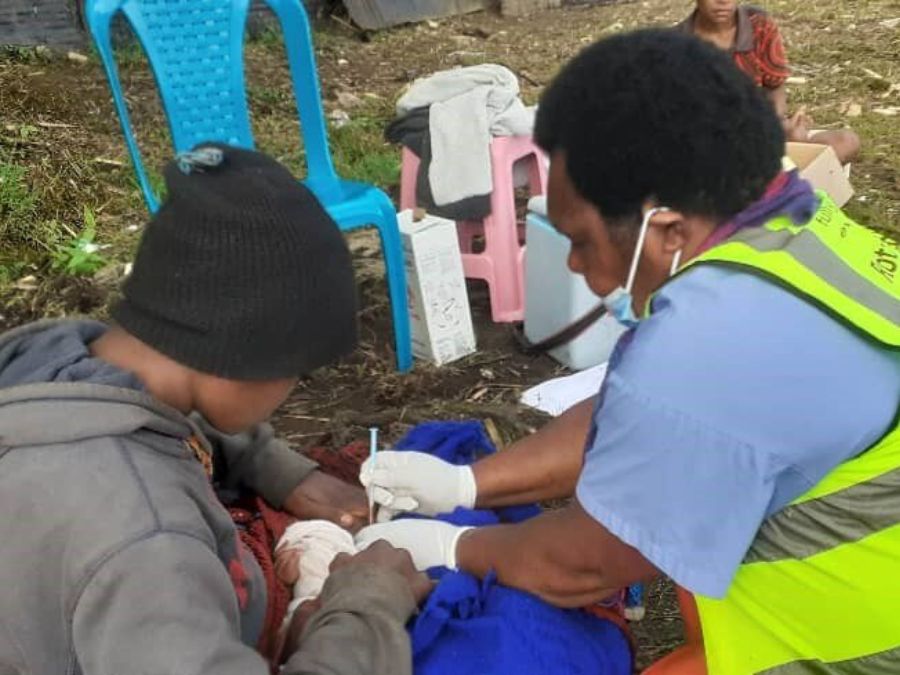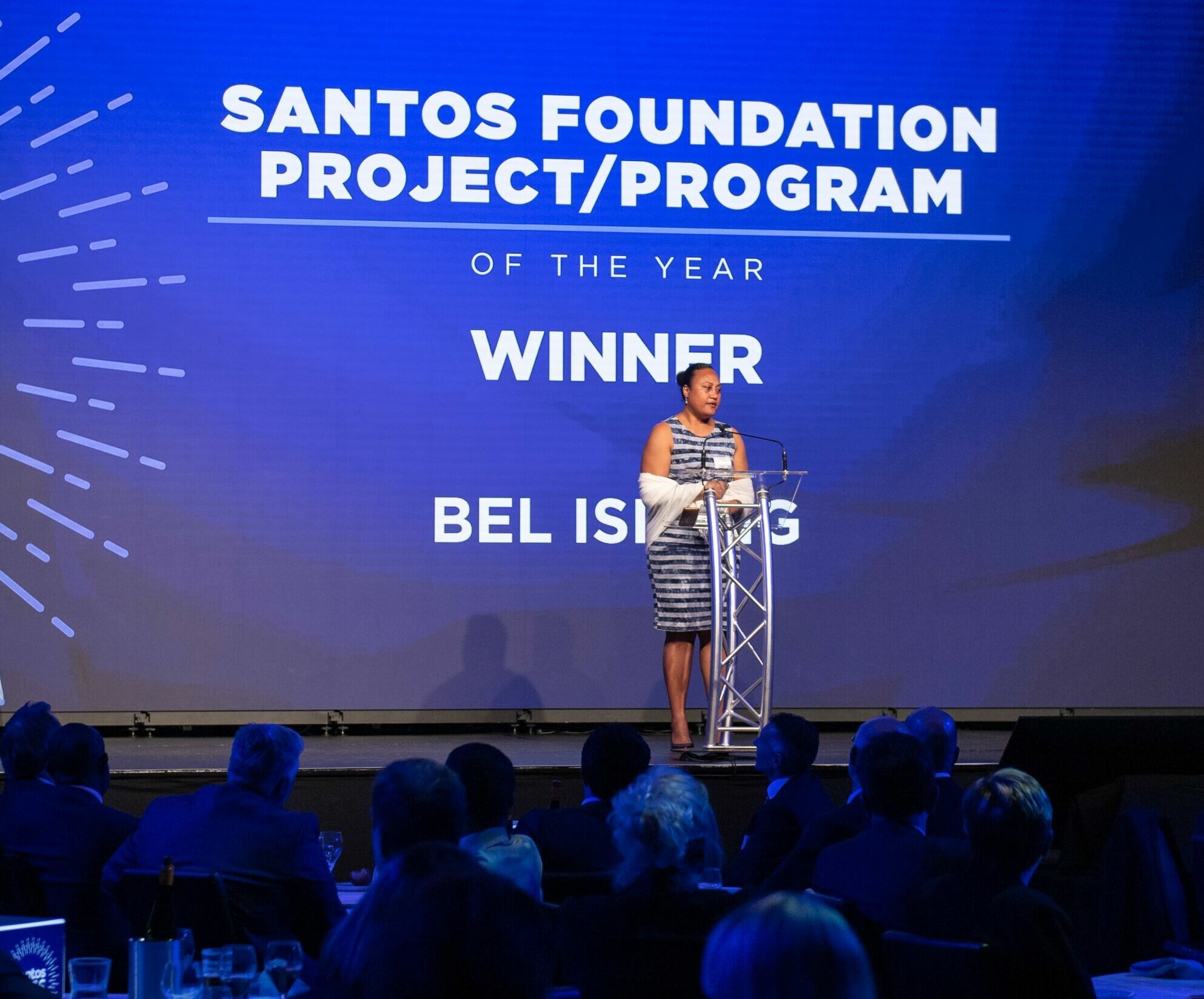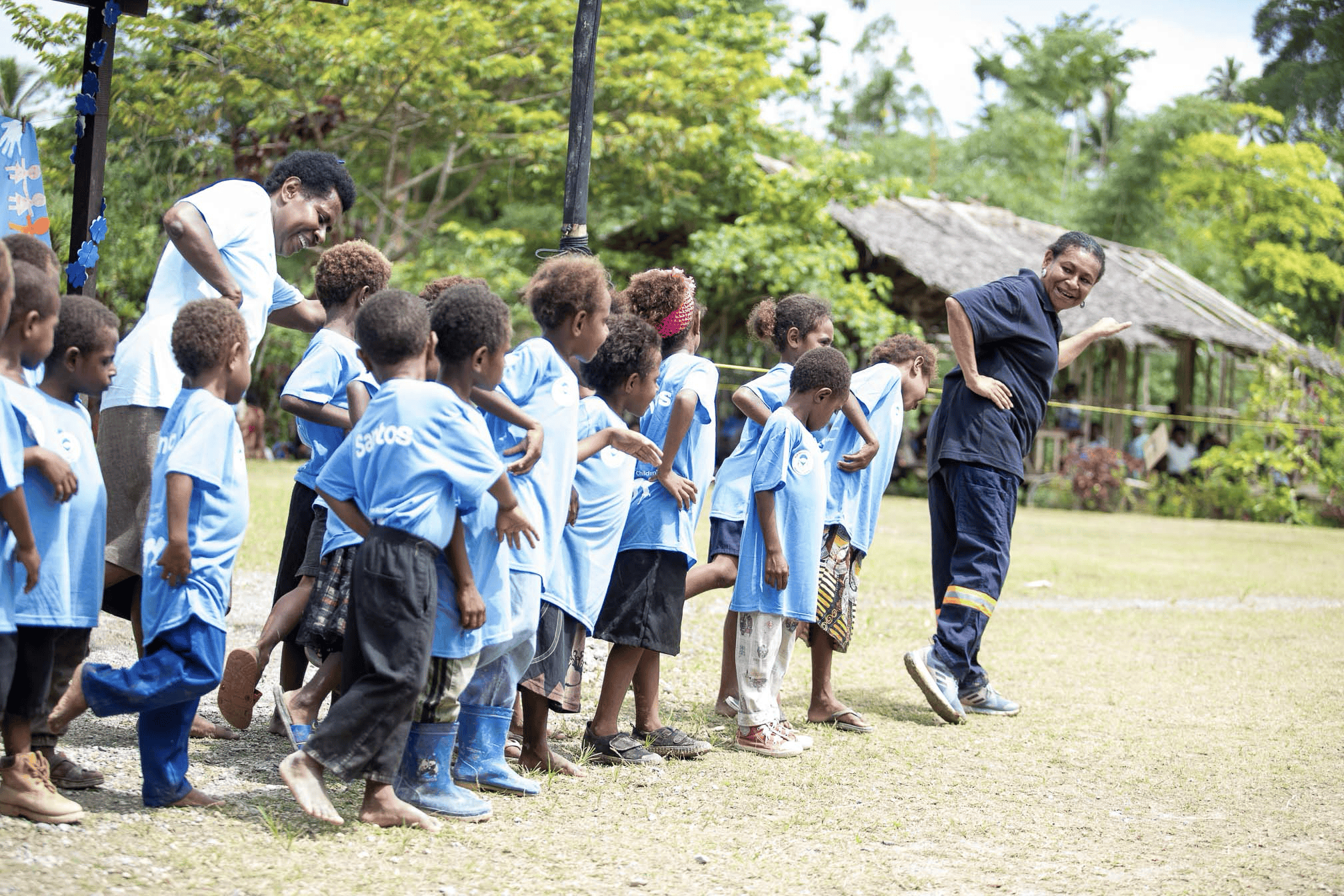Immunisations save hundreds of millions of lives every year across the world and are widely recognised as one of the world’s most successful public health interventions

International Immunisation Week was celebrated last week by nations around the globe.
Many once deadly diseases have been eliminated or are now well managed as a result of immunisation programs which commenced with the invention of a vaccine for smallpox in 1798.
Two hundred years later, many others such as cholera, mumps, measles, polio, TB, and tetanus, to name just a few, are all preventable with safe vaccines.
In Papua New Guinea (PNG), health centres continue to drive the message to communities on the importance of vaccinations to improve health and wellbeing.
The world acknowledges the last week of April every year as Immunisation Week. Health facilities around PNG also commemorated the week with different activities to promote the use of vaccines in protecting children and adults against disease.
Southern Highlands Province (SHP) was no exception.

SHP Provincial Health Authority (SHP PHA) Chief Executive Officer, Dr Joseph Birisi said, “While the current focus is on new vaccines to protect against COVID-19, the need to ensure routine vaccinations are not missed, remains essential.’ Putting in practice this statement, the province conducted a two-week routine immunisation health patrol into remote communities in the five districts of SHP, Kagua-Erava, Ialibu-Pangia, Mendi, Nipa-Kutubu and Imbonggu. They reached close to a thousand children who all received vaccinations.
“During this global pandemic, many children missed out on being vaccinated, leaving them at risk of serious diseases like measles and polio. In addition, managing the misinformation around the topic of vaccination also adds to this threat. We don’t want preventable diseases getting out of control because we failed to immunise our children” said Dr Birisi.
"But we are grateful for partners like Oil Search Foundation (OSF) through the Accelerated Immunisation Health System Strengthening project (AIHSS), the World Health Organisation and UNICEF who support us to carry out our work."
He continues, “These organisations assisted us to conduct routine immunisation and carry out advocacy and awareness to help build people’s trust, that vaccination saves lives and protects people.”
’The AIHSS project is a Government of Papua New Guinea initiative supported by the governments of Australia and New Zealand with support from Gavi, the Vaccine Alliance, and with technical assistance from the World Health Organization and United Nations Children’s Fund.
Alphonse Sambai, the SHP PHA officer responsible for coordinating immunisation projects said, “it was pleasing to see community members bring their children to receive their routine immunisation during the health patrols conducted into remote communities. They welcomed us and made sure their children received their vaccinations.”



